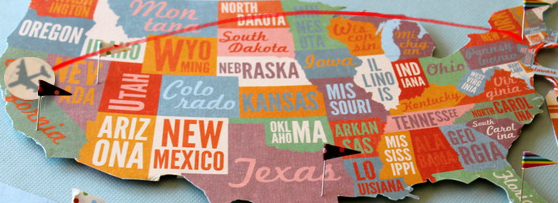Tag: trolling
[Vidéo] MOOC : du crowsourcing au digital labor (janvier 2017)
J’ai été l’invité du Dominique Moulon pour assurer 6 épisodes du MOOC que l’Ecole Professionnelle Supérieure d’Arts Graphiques de la… read more [Vidéo] MOOC : du crowsourcing au digital labor (janvier 2017)
New York to San Francisco: my U.S. conference tour (October 20-29, 2015)
If you happen to be in one of these fine US cities, come meet me. I’ll be on a tour… read more New York to San Francisco: my U.S. conference tour (October 20-29, 2015)
Troll studies: resources on trolling, vandalism, incivility online [updated Sept. 2015]
This is part of my ongoing research in the field of troll studies. Follow the hashtag #trollstudies on Twitter, or… read more Troll studies: resources on trolling, vandalism, incivility online [updated Sept. 2015]
Florilège de textes sur trolling, vandalisme et discorde en ligne
Hello folks, vous êtes sans doute arrivés ici après mon interview avec Vinvin et Jean-Marc Manach au Vinvinteur (épisode 28… read more Florilège de textes sur trolling, vandalisme et discorde en ligne

Who are the #anarcoinsultazionisti? Insurgent trolling and the politics of discord on Twitter
[Scroll down for French translation] Are Italian trolls uniting to oust celebrities from Twitter? At least one may think so… read more Who are the #anarcoinsultazionisti? Insurgent trolling and the politics of discord on Twitter
Habemus trollum: why the new Pope's Twitter account 'mirrors' its detractors
On February 2nd, 2013 I wrote this post describing trolling as a defining feature of Pope Benedict XVI’s Twitter presence…. read more Habemus trollum: why the new Pope's Twitter account 'mirrors' its detractors
Please Your Holiness, feed the #troll (an open letter to the Pope)
[Update Feb. 11 2013: This post has been also published in the French edition of the Huffingtonpost and featured in… read more Please Your Holiness, feed the #troll (an open letter to the Pope)
![[Vidéo] MOOC : du crowsourcing au digital labor (janvier 2017)](https://www.casilli.fr/wp-content/uploads/2017/02/logomoocparis.png)

![Troll studies: resources on trolling, vandalism, incivility online [updated Sept. 2015]](https://www.casilli.fr/wp-content/uploads/2014/07/1302873052100.jpg)